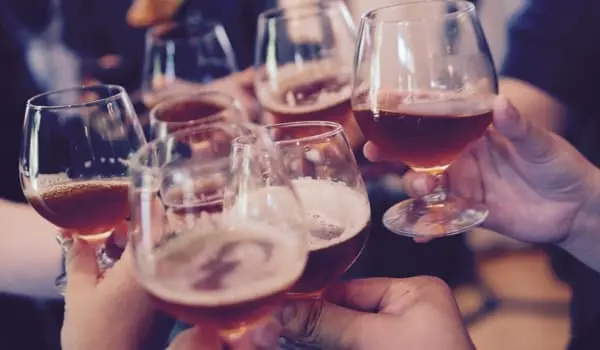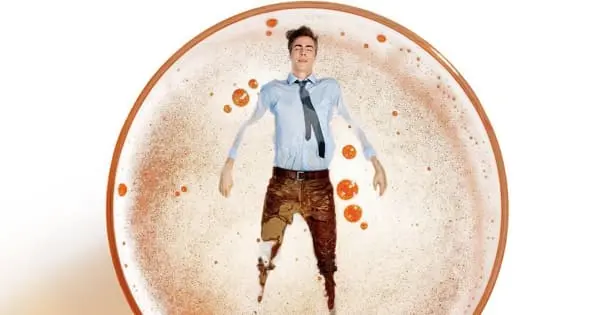Alcohol abuse and addiction (also known as “alcohol use disorder”) affect more than just the person who is drinking; it also affects their families and loved ones. Seeing a friend or family member struggle with a drinking problem can be both heartbreaking and frustrating. Your loved one may be causing havoc in the family by failing to fulfill their responsibilities, getting into financial and legal trouble, or mistreating or even abusing you and other family members.
A new study identified six strategies used by recovering alcoholics to navigate social situations while remaining sober. A recent qualitative study identified six strategies used by recovering alcoholics to navigate social situations and stay sober, depending on how they feel about the stigmas associated with drinking and alcoholism.
“There is a stigma associated with not drinking socially in the United States,” says Lynsey Romo, corresponding author of the study and associate professor of communication at North Carolina State University.
There really is no clear guidance for people in recovery on how to deal with stigmas associated with drinking and alcohol abuse and a lot of people in recovery grapple with shame and other issues associated with these stigmas. We’re optimistic that outlining these strategies can serve as some guidance.
Lynsey Romo
“There is also a stigma associated with problem drinking. We did this study because we wanted to understand how people negotiate this double-stigma socially in order to stay sober. There really is no clear guidance for people in recovery on how to deal with stigmas associated with drinking and alcohol abuse and a lot of people in recovery grapple with shame and other issues associated with these stigmas. We’re optimistic that outlining these strategies can serve as some guidance.”
In order to conduct the study, researchers conducted in-depth interviews with 22 adults in the United States who have been sober for at least ten years. Six strategies for dealing with stigma were identified by the researchers. The researchers discovered that the strategies chosen by study participants were determined by whether they believed there was a societal stigma against alcoholism and whether they felt such a stigma applied to them. In other words, did they feel judged by society? And, even though they were in recovery, did they feel ashamed of their alcoholism?

The six strategies were:
(1) Accepting the stigma: Participants in this strategy believed there was a societal stigma that applied to them, effectively incorporating the stigma into their identity. Using self-deprecating humor about the subject could be one of the coping behaviors here.
(2) Evading responsibility for the stigma: Participants in this strategy accepted that the stigma applied to them, but they minimized their personal responsibility. That includes, for example, blaming it on hereditary factors or other factors over which they have no control.
(3) Reducing offensiveness of stigma: Accepting that they had a stigma attached to them, but focusing on the value and importance of recovery, as well as how they had changed for the better since entering recovery, was required.
(4) Avoiding the stigma: Participants in this strategy acknowledged that the public stigmatizes alcoholism, but they did not believe the stigma applied to them. Because they do not identify with the label of alcoholism, this distances the individual from the stigma.
(5) Denying the stigma: This strategy calls into question the public’s understanding of stigma as well as whether it applies to them. Participants who use this strategy essentially believe that no one is perfect and that others do not have the right to judge them. They also emphasize that they are in recovery, which is an accomplishment in and of itself.
(6) Ignoring/displaying the stigma: This strategy also calls into question the public’s perception of stigma and whether it applies to them. Participants who use this strategy are open about their experiences and participate in advocacy to educate others and combat stereotypes about alcoholism and recovery.
This study is part of a larger body of work demonstrating that alcoholism is still stigmatized in society. Other research suggests that the more people believe these stigmas, the more likely they are to relapse.
“We believe our study is important because understanding and outlining these strategies for stigma management can assist recovering alcoholics in identifying techniques for maintaining their sobriety and moving forward with their recovery,” Romo says.
“It’s also important to note that the way recovering alcoholics see themselves, as well as the stigmas associated with drinking and alcoholism, are not fixed; they shift over time as people go through the recovery process.” That implies that the strategies are not fixed as well. That means that the strategies are also not fixed. In fact, people often adopt more than one strategy at a time.”





